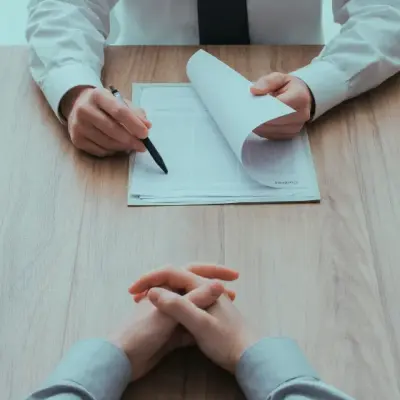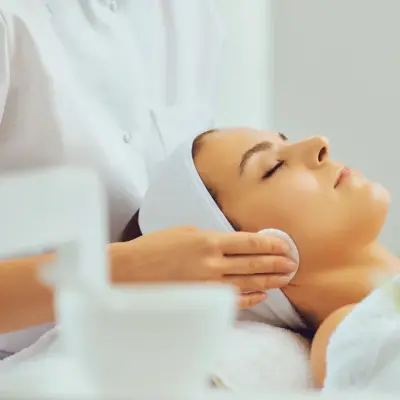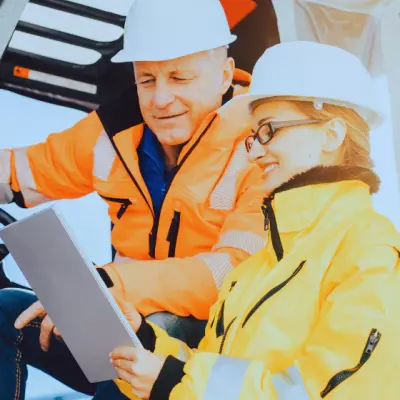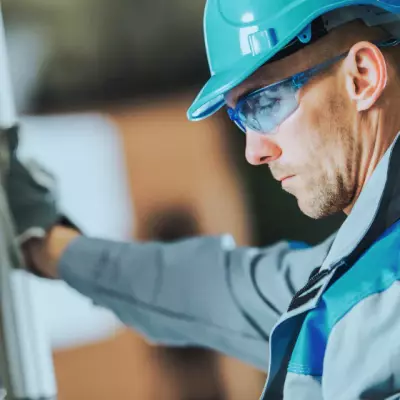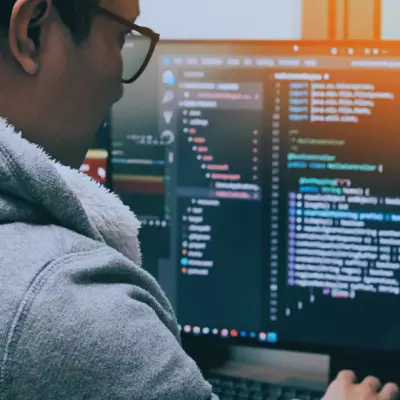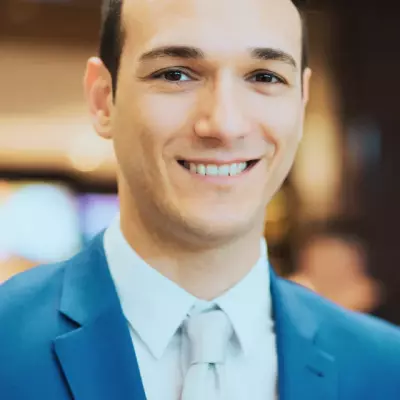How to make a good impression at a job interview?
Table of contents
Preparation is king!
It goes without saying that preparing before an interview is very important. You should obviously look up all information about the company and the job that you are applying for, but also set some time aside to think about how you will answer questions concerning your career path, motives and aspirations. It is also important to systematize your professional experience. Thorough preparation can help you alleviate stress and express yourself clearly without omitting any important details.
To look or not to look...
Most job interview guides advise candidates to maintain eye contact with the recruiter throughout the interview. Breaking eye contact may be seen as a sign of insincerity, stress and lack of confidence and lead to your application being rejected. However, looking away from the recruiter is understandable as it allows you to relieve tension and gather your thoughts, especially when you are trying to concentrate. You have to find the middle ground between looking away too much and creepily staring into the eyes of the recruiter, both of which will have a negative impact on your presentation. You should maintain eye contact, but it does not have to be uninterrupted. No one expects that you will not look away for a second, so you are free to do so if you want to gather your thoughts and think about your answers.
Body language
During the interview, we wish to present ourselves as competent, trustworthy individuals. Studies have shown that nervousness, shiftiness and excessive use of gestures are often associated with insincerity. Therefore, when faced with stressful situations, such as job interviews, we try to keep our body language as restrained as possible. Is that the right approach to take? Definitely not. Our body language often determines how we are perceived by others and is used to gauge our personality and motives. When trying to override our natural body movements, we come off as overly stiff, introverted and, in consequence, insincere. Naturally, no one wants that kind of person to work for them. Therefore, it is very important to relax your shoulders and back – just be comfortable. However, those who have a very expressive body language should try to tone it down.
Self-referencing
Job interviews are an opportunity to get to know candidates better and verify whether they have the necessary soft and hard skills. To make the best impression, you should use as many self-references and real-life examples from your former jobs as possible. Using words such as "I, me and mine" supported by examples drawn from your professional life will make you look more credible.
It is sometimes hard to keep stress in check during interviews, but if you are prepared and believe in your competencies, you will make it through. Remember that the outcome depends on you and you alone!
How to dress for a job interview
Fine feathers make fine birds – this old adage perfectly sums up the importance of dressing well for a job interview. You will surely make a good first impression if you look the part. According to Antal's observations, even the most seasoned of candidates have trouble deciding what to wear for job interviews.
The basic rule is: wear clothes that make you feel comfortable
According to studies and observations, candidates are assessed primarily on the basis of their external appearance, body language and facial expressions. The timbre and tone of voice and the meaning of the words that are being spoken are less important. If you show up to the interview dressed in clothes that you usually do not wear, you will feel awkward and uncomfortable. Before deciding what to wear, you should find out what the dress code is at the company that you are applying for so that you can pick the right outfit to fit into the environment.
When choosing an outfit for the interview, you should first consider what sector the company operates in.
When applying for a job at a bank, you should dress conservatively, but no one will be surprised if you show up to an interview at a PR company in a red jacket. There is some leeway for more flamboyant outfits in certain free professions.
Other criteria that will help you decide what to wear include: the position that you are applying for, the position of the person who will be interviewing you and the size of the company. The latter is especially important as big corporations usually have strict dress codes, whereas smaller, family-owned businesses may frown upon flashy dressers.
Timeless elegance is a good benchmark
Elegant is the word that is the most often used to describe the appropriate job interview outfit. In short, you should look neat and tidy. Keep it clean and elegant. Men should wear a suit with a wrinkle-free shirt. Women have a choice of dress suits or dresses with covered shoulders. You should stick to conservative colours, but do not necessarily limit yourself to blacks and greys. Of course, everything depends on the position that you are applying for.
If you want to look professional, you should avoid the "school-exam" outfit. Black skirts and white shirts are a definite no-no for women. You do not want to look like you just walked out of school. It is best to wear pants with a suit jacket worn over a shirt. Men should always wear pants and a long sleeve shirt, which does not have to be white. Avoid stark colours and shiny suits.
Clothes are not everything
Jewellery and makeup also contribute to the impression that you make. It is best to avoid flashy nail polish and makeup. I would also consider red to be a somewhat inappropriate colour. I would advise against wearing too much jewellery. Also, do not overdo it with the perfume. Make sure your shoes are clean and shiny and your nails are well-groomed.


